Science & Society

Educators and Parents, Sign Up for The Cheat Sheet
Weekly updates to help you use Science News Explores in the learning environment
Thank you for signing up!
There was a problem signing you up.
-
 Archaeology
ArchaeologyDNA from African mummies tie these folk to Middle Easterners
Ancient DNA extracted from 90 Egyptian mummies reveals genetic links to Greece and the Middle East.
-
 Psychology
PsychologyThink you’re not biased? Think again
Everyone holds some unconscious bias about certain social groups, even when they don’t mean to. Scientists are learning how people can fight such implicit biases.
-
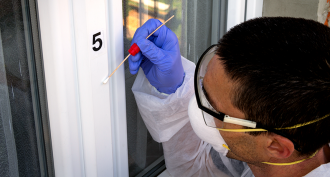 Science & Society
Science & SocietyCool Jobs: New tools to solve crimes
Future investigators may identify criminals by the microbes they leave behind or by using DNA-like evidence from strands of their hair.
-
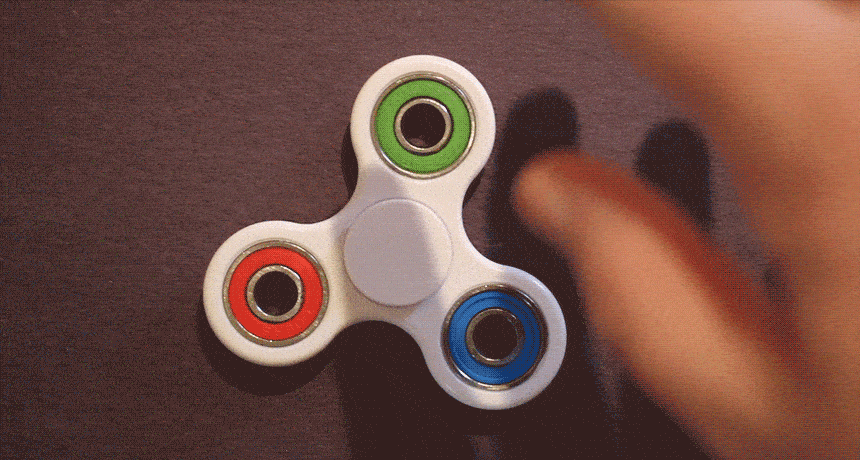 Health & Medicine
Health & MedicineAre fidget spinners tools or toys?
Fidget spinners are all the rage. Therapists say toys such as these can help some kids calm down and pay attention.
-
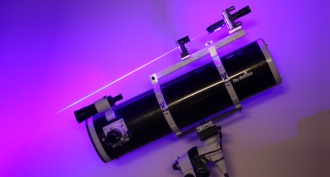 Tech
TechTweaked germs glow to pinpoint buried landmines
Finding landmines could become much safer with a new technology. It uses genetically modified bacteria that glow under laser light.
By Dinsa Sachan -
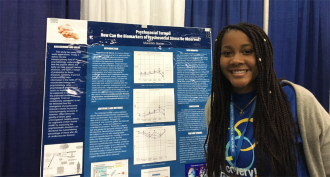 Science & Society
Science & SocietyResearch is important because…
Teens wouldn’t do science unless they felt it was important. Here’s why they think it matters so much.
-
 Health & Medicine
Health & MedicineTattoos: The good, the bad and the bumpy
Tattoos and their inks can cause regrets and allergic reactions. But here’s a surprise: Some inked body art may actually benefit health by boosting its host’s immune system.
-
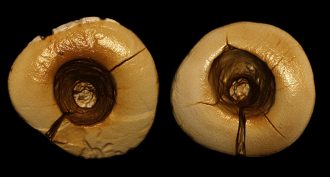 Archaeology
ArchaeologyStone Age dentists treated cavities with tar
Is Italy the home of dentistry? That’s where treated tooth decay has been found, dating back 14 millennia. Cavities appear picked clean with sharp tools. Ouch!
By Bruce Bower -
 Health & Medicine
Health & MedicineAnalyze This: Real data on lead levels in school drinking water
The metallic element lead can be toxic if ingested. To keep students safe, many schools now test their water. Some have found dangerously high levels.
-
 Physics
PhysicsEclipses come in many forms
Eclipses are one of nature’s most awesome spectacles, and scientists have learned a lot by observing them and related celestial alignments — occultations and transits.
By Sid Perkins -
 Psychology
PsychologyNoticing mistakes boosts learning
People who pay attention to their mistakes are more likely to do better the next time, data show.
-
 Science & Society
Science & SocietyLegalizing pot may confuse teens into thinking it’s safe
A growing number of teens think marijuana is no big deal, a new study finds. And that may encourage many to experiment with its use.
By Lela Nargi